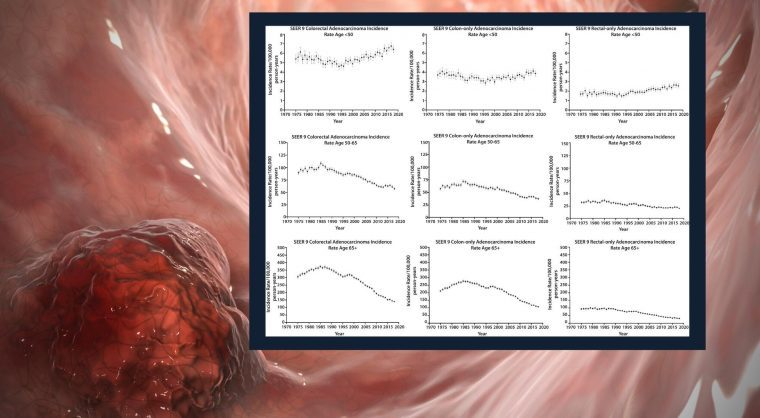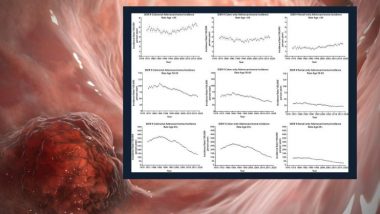The United States Multi-Society Task Force (MSTF) on colorectal cancer (CRC) has released updated screening recommendations, endorsing 45 as the age to start average-risk CRC screening. These recommendations solidify our announcement in May 2021 supporting the U.S. Preventive Services Task Force in lowering the screening age.
The MSTF, which is comprised of representatives from AGA, ACG and ASGE, updated the 2017 CRC screening recommendations, focusing on the specific questions of when to start and when to stop CRC screening in average-risk individuals.
What to know
New guidance:
The MSTF suggests CRC screening in average-risk individuals ages 45-49. This recommendation is a strong endorsement to the May 2021 U.S. Preventive Services Task Force decision to lower the screening age to 45.
Unchanged from 2017 :
- The MSTF strongly recommends CRC screening in all individuals aged 50 to 75 who have not already initiated screening.
- For individuals ages 76 to 85, the decision to start or continue screening should be individualized and based on prior screening history, comorbidity, life expectancy, CRC risk and personal preference.
- Screening is not recommended after age 85.
These determinations are based upon:
- Increasing incidence and mortality from CRC in individuals under age 50.
- Evidence that benefits of screening younger individuals outweighs the harms and costs based on modeling studies.
- Data since 2017 regarding the risks and benefits of screening beyond age 75 and the appropriate age to stop screening.
This guidance is aligned with multiple other professional societies, including the United States Preventative Services Task Force, the National Comprehensive Cancer Network and the American Cancer Society.
The full recommendations have been published jointly online via Gastroenterology, Gastrointestinal Endoscopy, and American Journal of Gastroenterology and will be available in the January 2022 print issues.













